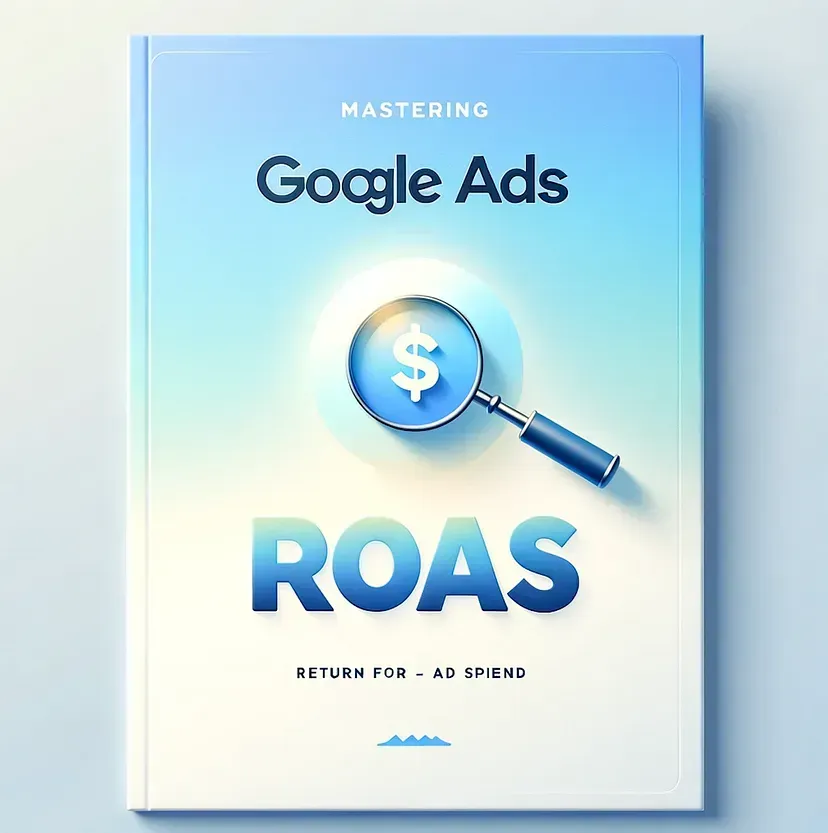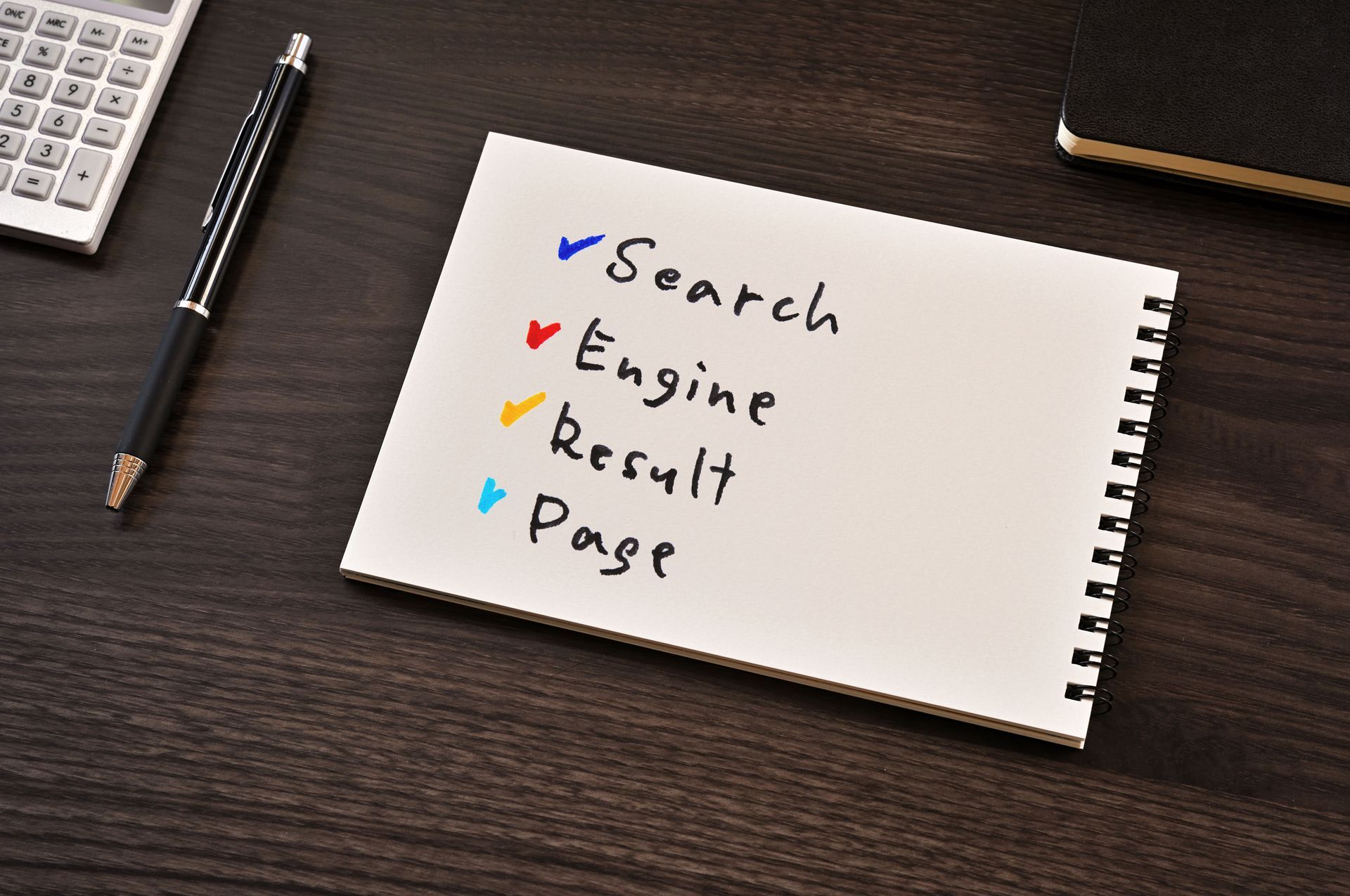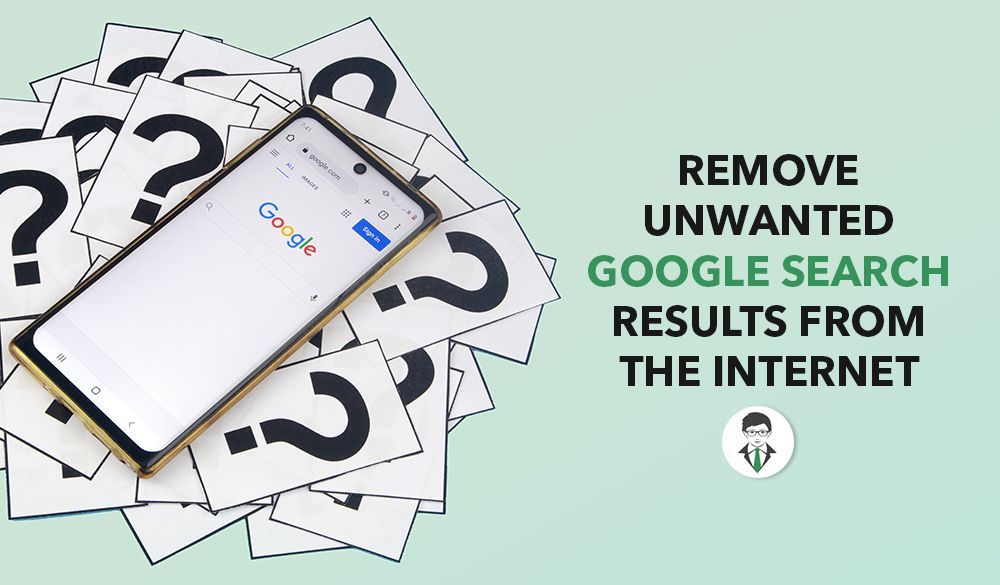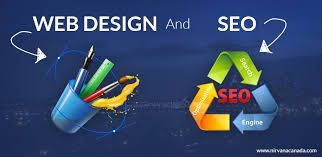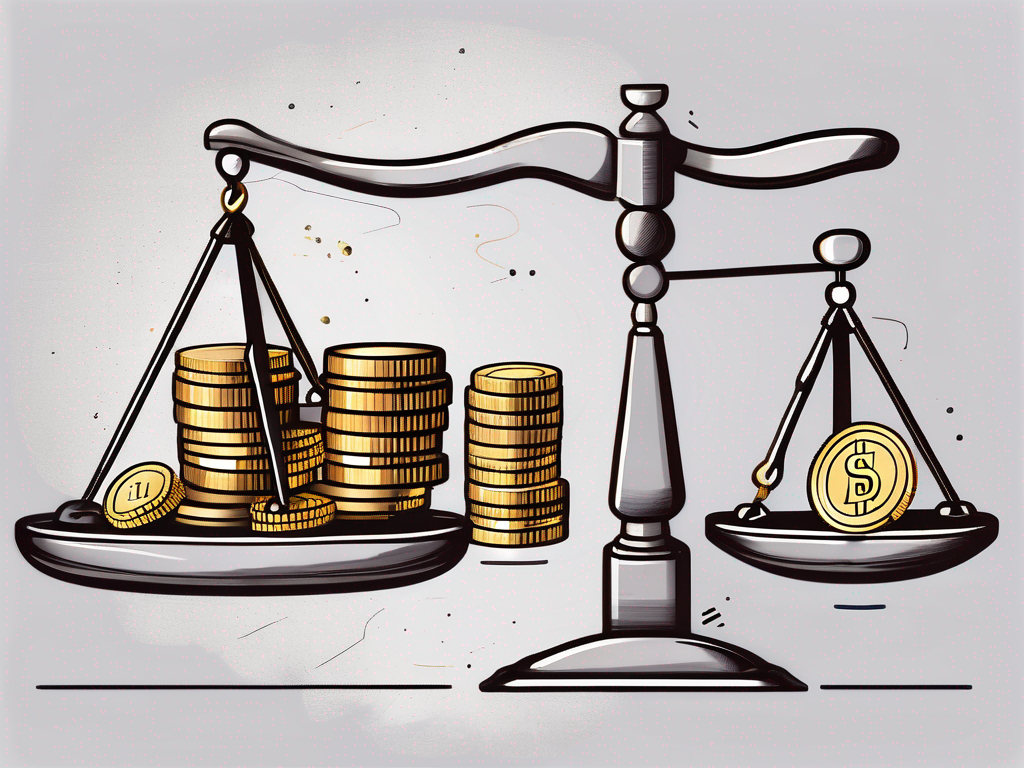Is Organic SEO Dying in the Age of Paid Advertising?
In today's digital landscape, where paid advertising is becoming increasingly prevalent, many are left wondering if organic SEO is slowly dying. Before we jump to any conclusions, let's take a closer look at the fundamental principles of organic SEO and why it still holds immense importance in the world of digital marketing.
Understanding the Basics of Organic SEO
Organic SEO, or search engine optimization, is all about improving a website's visibility on search engines in the most natural way possible. It involves employing various strategies and techniques to increase organic search traffic without relying on paid advertisements.
When it comes to organic SEO, there are several key components that work together to enhance a website's performance. One of these components is keyword research. By identifying the most relevant and high-performing keywords for your industry, you can optimize your website's content to align with what users are searching for. This helps search engines understand the relevance of your website and rank it higher in search results.
Another important aspect of organic SEO is on-page optimization. This involves optimizing various elements on your website, such as meta tags, headings, and URL structures, to make them more search engine-friendly. By ensuring that your website's pages are properly optimized, you increase the chances of search engines indexing and ranking your content.
Defining Organic SEO
Organic SEO encompasses everything from keyword research and on-page optimization to link building and content creation. It is about optimizing a website to provide valuable and relevant information to users, ultimately ranking it higher in search engine results.
Link building is another crucial aspect of organic SEO. By acquiring high-quality backlinks from reputable websites, you signal to search engines that your website is trustworthy and authoritative. This can significantly improve your website's visibility and increase its chances of ranking higher in search results.
Content creation is also a fundamental part of organic SEO. By regularly publishing high-quality, informative, and engaging content, you not only provide value to your audience but also attract more organic traffic. Search engines prioritize websites that consistently produce valuable content, as it indicates that the website is a reliable source of information.
The Importance of Organic SEO in Digital Marketing
While paid advertising delivers instant results, organic SEO focuses on long-term sustainability. It builds a solid foundation for your website by increasing organic search visibility, driving targeted traffic, and establishing trust with your audience.
One of the key advantages of organic SEO is that it helps you reach potential customers who are actively searching for information, products, or services related to your industry. By appearing prominently in search results, you boost your brand's credibility and increase the likelihood of attracting qualified leads.
Moreover, organic SEO allows you to tap into the power of inbound marketing. Instead of interrupting users with intrusive ads, organic SEO enables you to provide valuable content that users actively seek out. This creates a more positive and engaging user experience, fostering a stronger connection between your brand and your target audience.
Additionally, organic SEO is cost-effective in the long run. While paid advertising requires ongoing investment, organic SEO efforts can continue to drive traffic and generate leads even after the initial optimization work is done. This makes it a sustainable and cost-efficient strategy for businesses of all sizes.
In conclusion, organic SEO is a multifaceted approach to improving a website's visibility on search engines. By focusing on keyword research, on-page optimization, link building, and content creation, businesses can enhance their organic search traffic and establish a strong online presence. With its long-term sustainability and ability to attract targeted leads, organic SEO is an essential component of any successful digital marketing strategy.
The Rise of Paid Advertising
Paid advertising has experienced a tremendous surge in popularity over the years. In contrast to organic SEO, it involves paying for ad placements on search engines, websites, or social media platforms to increase visibility and drive traffic.
What is Paid Advertising?
Paid advertising refers to any form of online advertising for which you pay a certain amount of money. It can take various forms, including pay-per-click (PPC) ads, display ads, social media ads, or sponsored content. Paid advertising allows businesses to quickly reach their target audience and generate instant visibility.
Benefits of Using Paid Advertising
Paid advertising offers immediate visibility and enables precise targeting, allowing businesses to connect with their ideal customers swiftly. It provides an effective way to generate leads, increase conversions, and boost brand awareness.
Furthermore, paid ads offer robust tracking and analytics tools to measure their performance, optimize campaigns, and attain maximum return on investment (ROI).
Comparing Organic SEO and Paid Advertising
Now that we have explored the fundamentals of organic SEO and paid advertising, it's crucial to understand the key differences between the two and how they impact your online presence.
Cost Implications
Organic SEO tends to be more cost-effective in the long run since it doesn't require ongoing payments for ad placements. However, it necessitates a significant investment of time and effort to achieve desired results. In contrast, paid advertising provides instant visibility but can quickly become expensive, especially in highly competitive industries.
Impact on Website Traffic
Both organic SEO and paid advertising can generate traffic to your website. Organic SEO focuses on long-term traffic growth by targeting relevant keywords and optimizing your website. On the other hand, paid advertising delivers immediate spikes in traffic, but it ceases as soon as the ad campaigns end.
Long-term and Short-term Results
Organic SEO is a gradual and continuous process that builds your website's authority over time. It may take months to see significant results, but the benefits are long-lasting. In contrast, paid advertising delivers immediate results but only as long as you keep investing in ad campaigns. Once you stop paying, your visibility drops instantly.
The Current State of Organic SEO
Despite the growing prominence of paid advertising, organic SEO remains a vital component of any digital marketing strategy. Understanding the current trends and challenges can help businesses leverage the power of organic SEO effectively.
Recent Trends in Organic SEO
As search engine algorithms become increasingly sophisticated, organic SEO has evolved to incorporate elements such as user experience, mobile optimization, and voice search. Creating high-quality, user-focused content and building authoritative links are still key factors for success.
Challenges Facing Organic SEO
With search engines constantly refining their algorithms, organic SEO has become more competitive than ever. The challenge lies in staying up-to-date with evolving best practices, adapting to algorithmic changes, and outranking competitors in search results.
The Future of Organic SEO and Paid Advertising
Looking ahead, it's clear that both organic SEO and paid advertising will continue to play significant roles in digital marketing. Striking the right balance between the two is crucial to achieve optimal results for your business.
Predicted Developments in the Digital Marketing Landscape
As technology advances and consumer behaviors change, the digital marketing landscape will continue to evolve. Artificial intelligence, machine learning, and personalized advertising are poised to revolutionize the way businesses engage with their target audience.
Balancing Organic SEO and Paid Advertising for Optimal Results
To maximize your online visibility and reach, it's essential to integrate organic SEO and paid advertising effectively. While paid advertising delivers instant results, organic SEO builds a sustainable foundation for long-term success. A comprehensive digital marketing strategy should leverage the strengths of both approaches to achieve optimal results.
So, is organic SEO dying in the age of paid advertising? Absolutely not. While paid advertising may be grabbing headlines, organic SEO remains a vital pillar of digital marketing. By understanding their differences, capitalizing on their respective strengths, and finding the right balance, businesses can unleash the full potential of these powerful marketing techniques.

